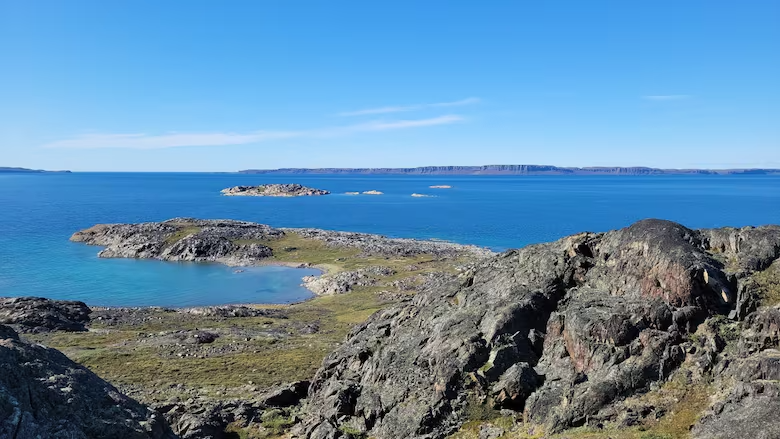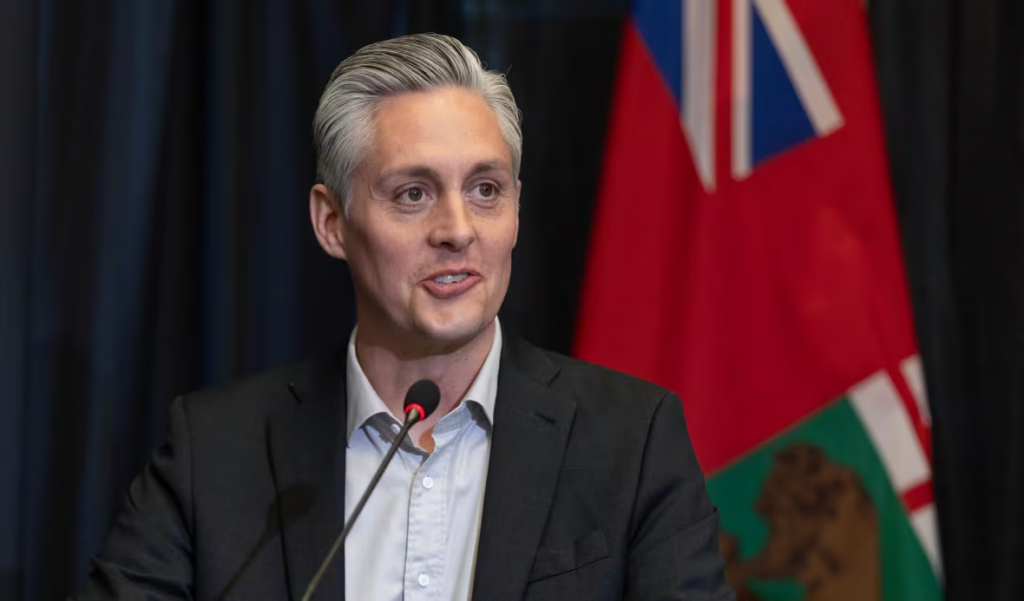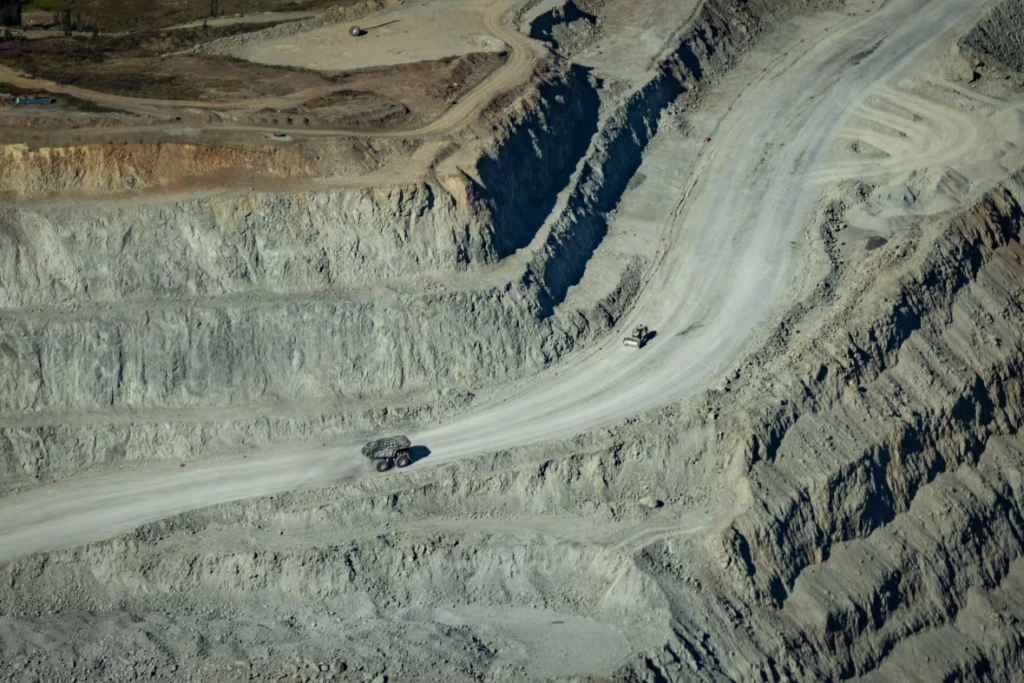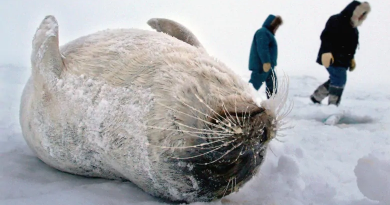Northern leaders throw support behind feds’ major projects list

Projects in the North up for future round of approval
Northern leaders say they are encouraged by the federal government’s list of major projects it plans to prioritize, but one Indigenous leader stresses his community must be consulted early.
Prime Minister Mark Carney unveiled a list of five “nation-building” projects Thursday morning, which is being sent to the newly created Major Projects Office. Those five undertakings, he says, will generate more than $60 billion for the Canadian economy and create tens of thousands of jobs.
None are projects in the North, but an Arctic economic and security corridor that would link Nunavut, the Northwest Territories and the Prairies could make the list next time around, Carney said.
In a statement, Nunavut Premier P.J. Akeeagok said he was heartened to see that Arctic corridor acknowledged as a candidate for a second round of projects. He said the corridor is among four “transformative initiatives” he has been working on advancing alongside Nunavut Tunngavik Inc.
“These are projects of national significance that will strengthen Arctic sovereignty, reduce Nunavut’s reliance on diesel, improve food and energy security, and create lasting opportunities for our communities,” he said.

N.W.T. Premier R.J. Simpson also applauded the recognition of the need for such a corridor. Similarly, he is also making his pitch for other infrastructure projects in the N.W.T., which he said would help the entire country become more resilient to climate change while seizing opportunities for the critical minerals economy.
“We will continue to make the case for their recognition as projects of national interest. The unprecedented attention now being directed to the North is welcome, and we hope it leads to unprecedented investment — not only in our government’s priorities, but also in the more regionally-focused but equally important projects being advanced by Indigenous governments,” he said in a statement.
‘Fortify Canada’s sovereignty’
Carney said Thursday that the Arctic corridor, along with other projects that could affect the North such as an upgrade to the port in Churchill, Man., could be considered next time around because they are initiatives that are at an earlier stage of development and require further work.
The second tranche of projects, the prime minister said, will be finalized before the Grey Cup in Winnipeg on Nov. 16.
The key to the Arctic economic and security corridor is a new port and all weather road at Grays Bay, in Nunavut’s Kitikmeot region, which Carney says is important to Canada’s sovereignty.
“With increasingly open Arctic waters, rapid advances in cyber and artificial intelligence … paired with advanced missile capacities of our adversaries, we can no longer rely on our geography to protect us. We must fortify Canada’s sovereignty and our security in the Arctic,” he said.
Carney also unveiled a “critical minerals strategy” that he said will help projects “get to final investment decisions within a two-year window.”
He said projects that would be prioritized under the new strategy include Ontario’s Ring of Fire, the Slave Geological Area in the Northwest Territories and the Labrador Trough, shared by Quebec and Labrador.
‘Let’s begin talking’
All the talk of building an Arctic corridor is fine, said Yellowknives Dene First Nation (YKDFN) Chief Ernest Betsina, but he says it must be done in consultation with his community.

“I would like to relay to the prime minister that this project is largely on our territory. I would strongly suggest he talks to YKDFN,” he said. “Let’s begin talking, let’s begin the process.”
Betsina says he hasn’t been contacted by the federal government about the project. With the downturn of the territory’s diamond mines, he says the YKDFN wants a role to play in building this corridor.
“I would like to see my membership build on this road, and come up with some meaningful long-term jobs. I believe there are opportunities for my membership to get into the trades and build this,” he said.
N.W.T. and Nunavut Chamber of Mines president Kenny Ruptash says the corridor could also open up “unlimited” potential for extracting previously inaccessible minerals.
“We can fly out diamonds and gold on an airplane, but copper concentrate needs to go onto a boat or truck to a concentrator. Similar to zinc and other base metals, they need to be processed further downstream,” he said.
Implications for the Yukon
One of the five projects that made Thursday’s list includes an expansion of the Red Chris copper and gold mine in northwestern B.C.

Carney said that would be a carbon-neutral project that increases the country’s copper production by 15 per cent. That project is part of a bigger proposal to create what’s being billed as a “northwest critical conservation corridor.”
“This is an initiative that presents multiple opportunities for critical minerals development and clean power transmission, including potential inner ties to the Yukon and Alberta,” Carney told reporters Thursday.
“It’s an initiative that has the prospect of significant Indigenous project leadership, while creating a potential conservation area the size of Greece.”
Related stories from around the North:
Canada: N.W.T. officials provide update on major infrastructure projects, some rising costs, CBC News
Norway: Norway, UK team up to protect subsea infrastructure against Russian hybrid attacks, The Independent Barents Observer
Russia: Putin in Arkhangelsk: Arctic industry and infrastructure on agenda, The Independent Barents Observer



